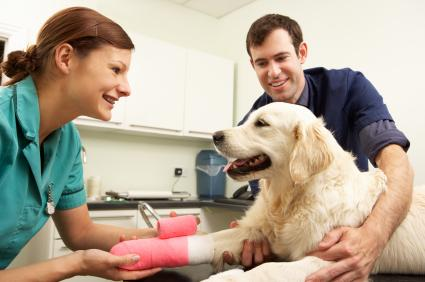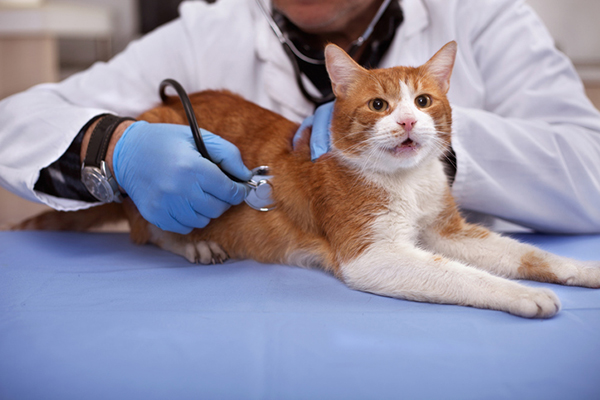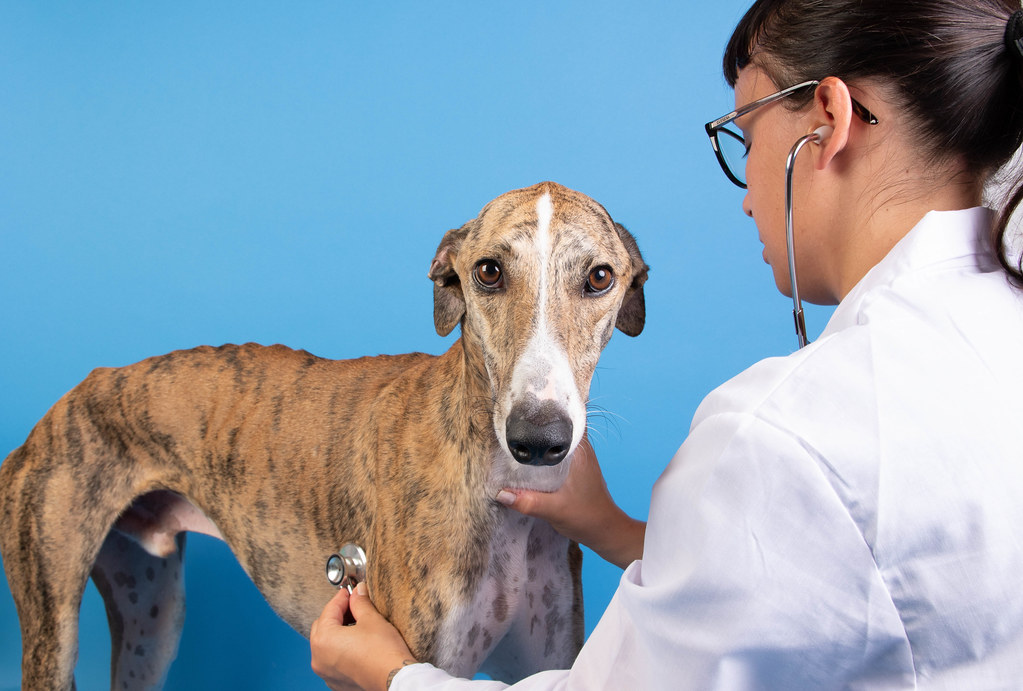We all know that it is a good idea to take our pets to the vet regularly. But when you’re in the office, do you fear not getting as much out of the visit as possible? Veterinarians are particularly intelligent and are there to make your four-legged pal’s life as good as possible. To fully take advantage of your visit to the vet, no matter how young or old your pet, we’ve compiled some general questions that never hurt to ask!
“What are we doing here today?”
This may seem like an obvious question, however it can be very easy to blindly speed through yes or no questions and leave the appointment without knowing what happened. Asking for a runthrough of what will be happening during the appointment before the vet or assistant begins will help you better understand how the visit is benefiting your pet (also, if a concern, what you are paying for).
Your practitioner should appreciate your interest and this helps grow the trusting relationship between you and your veterinarian. Ask your veterinarian to talk you through each step, as this gives confidence to the veterinarian and puts your mind at ease.

“What is the best routine for my pet’s breed?”
Veterinarians have a trained knowledge on all types of breeds. With certain breeds comes specific daily routines that fit their genetic lifestyles. Your vet will know the basic components of your pet such as their breed’s preferences, illnesses, and behaviors. Given some insight on your pet’s environment, your veterinarian should be able to curate a suggested routine.
This question is best for also asking if your pet is prone to any genetic illnesses, especially if you are new to their type of breed. This could also answer some questions such as how often they should go on a walk, if you need to groom them once a week, or if they need to eat at certain meal times. Every pet is different, so asking what routine is best tailored for your pet’s breed, health condition, and age is essential to giving him/her it’s best life.
“What is the healthy weight for my pet, and how can we achieve that?”
The leading health concern for pets in America is obesity. We love our pets and enjoy spoiling them on indulgent treats, however this is extremely dangerous for them in the long run. Asking your vet what type of food, which brands, exactly how much at a sitting, and how often to feed your pets can actually save their lives.
Finding out the healthy weight for your pet can help discover underlying health conditions. For example, if you are consistently feeding your pet well, yet it remains underweight, then a possible hormone imbalance could be easier sought and treated.
“What regular medications should I use for my pet?”
For pets with specific medical conditions, your vet has likely already given you thorough treatments and medications tailored to you. It never hurts to review your steps back with your veterinarian each visit to ensure you’re doing everything correctly. Regardless if your pet has an existing condition, everyday medications could boost your pet’s health or prevent later illnesses.
The most common regular medications suggested are for preventative measures, which often coincide with your pet’s breed. For example, many large dogs are prone to joint pain and hip dysplasia which may lead your vet to recommend a joint supplement. (Insert here ours) Furthermore, many cats are prone to urinary tract infections, which can be maintainable by everyday oral tablets.

“Can I please have my bill itemized/explained?”
Vet bills can grow steep, fast. Many people find this too awkward an encounter and choose to abstain. However, even though your vet likely did a trusting job and provided a high-quality service, it’s always a good idea to get your bill explained.
Having an itemized bill can save you when speaking with insurance companies regarding expensive procedures and unexplained visits. This gives you a break from dealing with the logistics to take the time with your recovering pet.
“When do i see you next?”
Lastly, while another seemingly obvious question, it is important to make sure that you are visiting your vet as often as recommended. Follow up appointments can be easily forgotten yet crucial to the health of your pet. If your pet is healing from a procedure, then this gives you a better visual timeline of where the healing process should be prior to the next appointment. This is a great question to ask at the end of a visit to better remember to save your next appointment’s date.
Bringing pets to the veterinarian can be nerve-wracking and easy to forget some important questions to always touch on. Take full advantage of the great resources that your vet can provide in order to give your beloved pets the best possible life.

